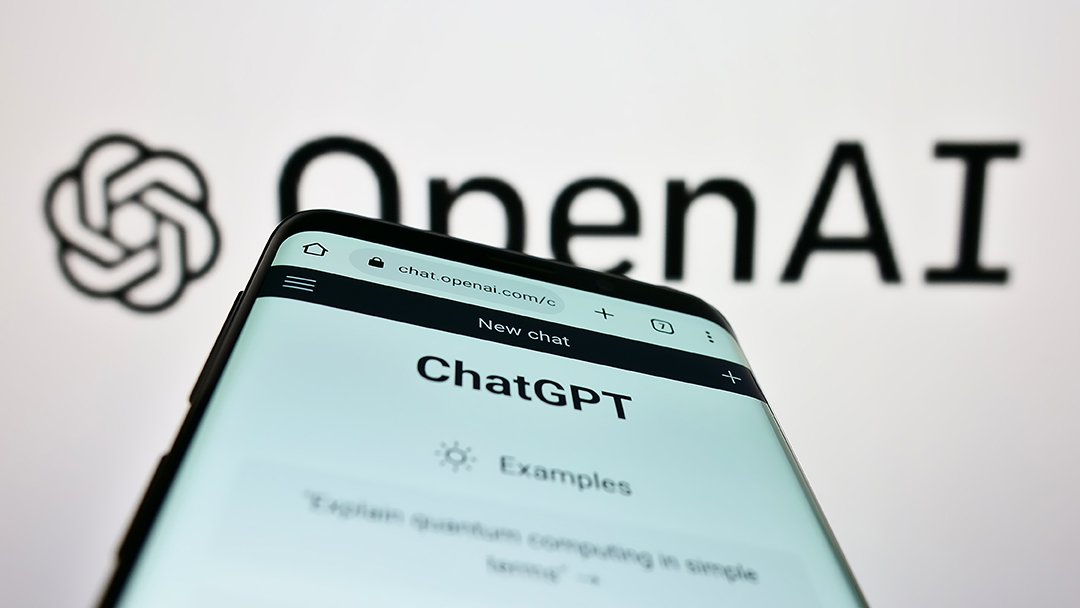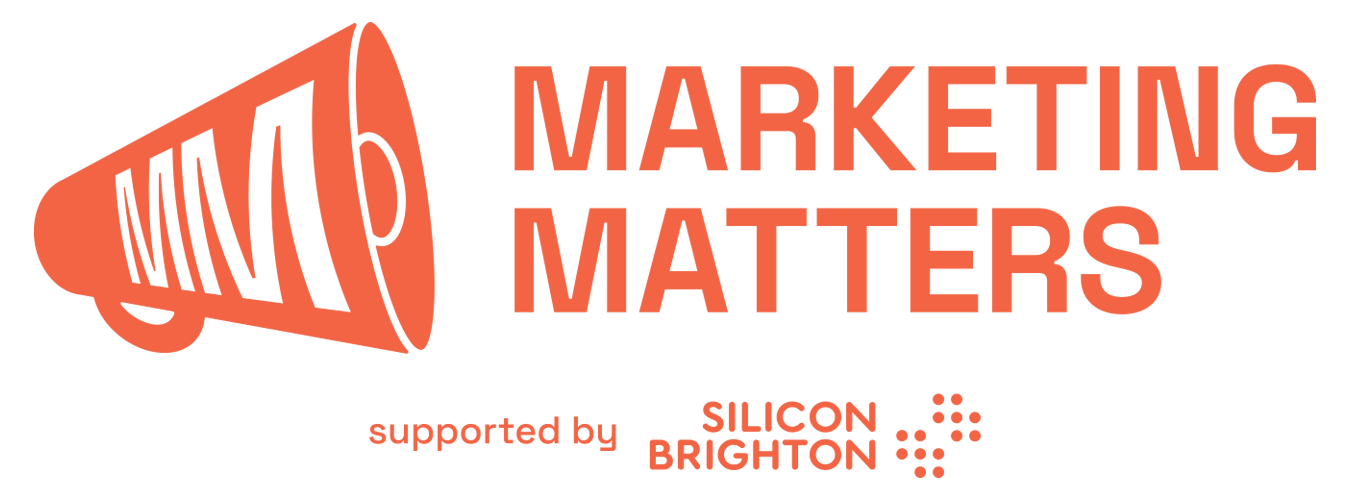AI, and what it means for the marketing industry: a conversation
On Thursday 11th May 2023, Trapeze Media director/founder Kitty Newman led the first Marketing Matters panel for Silicon Brighton.
Our first panel was focused on one of the hottest topics of the moment: artificial intelligence (AI) and its applications in the marketing industry.
We discussed the ethics of AI-generated imagery that is trained on other artists’ intellectual property, what AI could mean for SEO, and what some of the legal implications of SEO might be.
You can watch the livestream of the panel below:
Highlights of the conversation
The panel began with Kitty talking about an AI-generated photograph which won the Sony World Photography Competition. The photographer and visual artist Boris Eldagsen, who ‘created’ the winning submission, refused to accept the award and claimed he’d made the submission to spark debate about AI-generated art.
Book a free 30-minute call with us
Let’s discuss your business needs and how we can help.
While opening the panel, Kitty also mentioned the legal dispute between stock image supplier Getty Images and AI-generated art engine Stable Diffusion. Getty Images alleged that Stable trained its AI Model on 12-million pieces of media available through Getty’s media-licensing platform, without permission.
The first of the panelists to speak was Ifi Mavridou, who specialises in affective computing — that is, systems which recognise, process, and simulate human activity, such as facial expressions, skin temperature, speech, etc.
Ifi spoke to the exciting aspects of AI at both ends of the scale: the cutting-edge stuff being worked on in labs which powers the neural engines that enable our devices to understand how we feel, and the democratisation of AI language models through available-to-all services like ChatGPT.
Next to speak was commercial lawyer Anuj Desai, whose work in the UK media industry over the past couple of decades gives him a unique perspective on the relationship between artificial intelligence and intellectual property law.
Anuj said: “Legislation and regulation is very slow. It takes ages, and by the time it gets enacted, it's usually out of date.” He nodded to the Getty Images vs. Stability AI dispute as the kind of landmark case which usually plants the first tentpole in how the legal landscape of emerging technologies is shaped.
“Every country has a different set of rules,” Anuj added. “The UK [government] is trying to take a position as a leader in this and trying to be pro-AI, but there's going to be a significant backlash from the creative community because they've got a lot to protect.”
Our third panelist was digital marketer and SEO expert Ricky Whiting, who has been using AI tools to help with writing Meta ads since long before ChatGPT elevated them to the zeitgeist towards the end of 2022. He said: “we 100% get more results when we use AI to help us.”
Ricky acknowledged that some business owners mistakenly believe AI is a cure-all — that getting ChatGPT to write a thousand-word blog post about their product will send them flying up Google — but that without some human ingenuity and marketing experience, these attempts at utilising AI for SEO often fall flat.
Instead, Ricky suggested, use AI to elevate the core touchpoint of your online presence. As an example, he mentioned the ‘Contact Us’ page on one of his client’s websites, and how he increased leads by using AI to expand a simple contact form into a landing page with high-converting copy and USPs.
As the conversation veered towards whether artificial intelligence will have any long-term viability as a creative tool, Ifi argued that “we have to adapt and we have to reinvent ourselves,” and, commenting on the ‘ideas vs. creation’ debate, drew a comparison between AI and famous artist Jeff Koons, who has sparked controversy by hiring teams of sculptors to bring his artistic visions to life. Ifi pondered: “is it actually Jeff's work? He had the idea, the vision, but he curated the output, someone else delivered it.”
Anuj added to the ‘originality vs. derivation’ discourse with a mention of the May 2023 clearing of Ed Sheeran’s liability in a copyright trial that saw the singer-songwriter accused of ripping of Marvin Gaye’s ‘Let’s Get It On’ by heirs of the song’s co-writer and composer Ed Townsend.
“It highlights that there’s a very difficult line between inspiration and infringement,” he said. “There’re always going to be people playing around the edges.”
Anuj also mentioned tokenisation as a technology that could be used to track usage of original works in derivative works across the internet, so artists can be compensated whenever their creations are used online, i.e. in AI-generated media.
Around halfway through the panel, Ricky mentioned the idea of marrying your own creative work with the power of AI to produce more interesting and engaging social media content. For example, taking a beautiful (albeit unremarkable) drone photo and having AI recreate it in a famous artist’s style.
This led to Anuj warning of the dangers of commodifying creativity and demotivating artists. He opined that whenever a technological advancement shakes the world, there’s a lot of anxiety about people’s jobs being lost to automation, but that it’s mainly the “menial and manual jobs” that get replaced.
But it’s a little bit different with AI, Anuj continued. “If I can create a Picasso just through a few taps of whatever, does that mean? It ceases to be remarkable. And if I can do it, everyone else in this room can also do it.
“If everyone can create content with a few prompts, then who's going to read all this stuff? How are you going to stand out in this in this crowd? I worry about us devolving power to the machines.”
The latter half of the conversation further delved into matters related to the ethics of AI, how AI will impact search engine optimisation, AI’s usefulness for automating repetitive tasks, whether AI-generated content should have disclaimers, and accelerated productivity vs. the human experience.
Watch the full hour-long panel in the video above, find out about future Marketing Matters events on Eventbrite, and learn more about Silicon Brighton on their website.
Book a free 30-minute call with us
Let’s discuss your business needs and how we can help.




